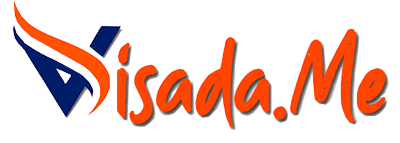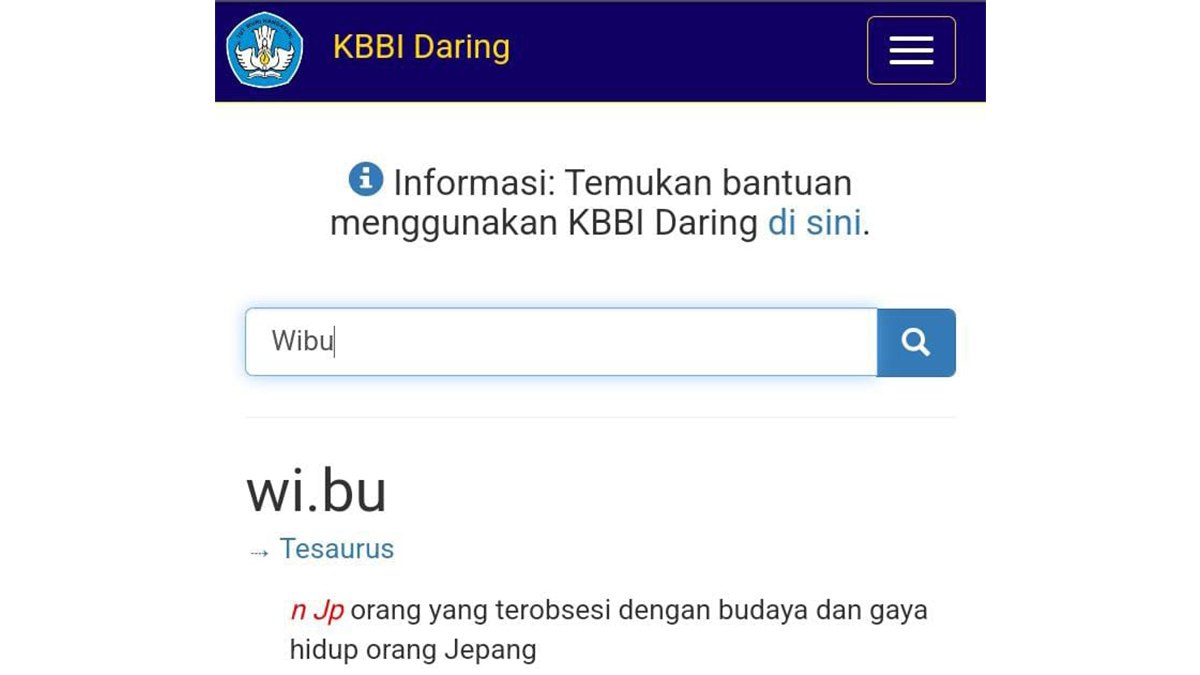The Indonesian government’s language agency, Badan Pengembangan dan Pembinaan Bahasa Kementerian Pendidikan, Kebudayaan, Riset, dan Teknologi (Kemendikbud Ristek), regularly updates the Kamus Besar Bahasa Indonesia (KBBI) to include new words and expressions twice a year, in April and October. In the latest October update, one of the new entries in the KBBI caught people’s attention – the word “Wibu”. KBBI defines “Wibu” as a person who is obsessed with Japanese culture and lifestyle. This is hardly surprising, given that Indonesian people, in general, are avid fans of Japanese popular culture such as manga, anime, and J-pop, as well as Japanese fashion and lifestyle.
The word “Wibu” itself is derived from the English word “weeaboo” and refers to people who love Japan, even if they are not Japanese themselves. Other Japanese terms such as “waifu”, “husbando”, and “tsundere” are also becoming increasingly popular among Indonesian fans, and there is a possibility that they may eventually make their way into the KBBI as well, given their prevalence in the media.
Several other Japanese expressions such as “Arigatou”, “Ganbatte”, “Konbanwa”, “Konichiwa”, “Daijoubu”, and “Ohayou” are also widely accepted in Indonesian society, thanks to their frequent use by anime characters. This has resulted in them becoming common loanwords that are easily understood and widely used in everyday conversation.
Interestingly, in addition to “Wibu”, the latest KBBI update also includes 29 other new words and expressions, such as “alay”, “ambis”, “ambyar”, “bokap”, “bokek”, “cie”, “CLBK”, “cogan”, “doi”, “gebetan”, “jayus”, “julid”, “kating”, “kece”, “kepo”, “kicep”, “kuper”, “lebay”, “mager”, “maksi”, “maljum”, “meme”, “nyokap”, “pansos”, “pelakor”, “pulkam”, “saltik”, “santuy”, and “unyu”. These new entries reflect the latest trends and developments in Indonesian society, particularly among younger generations.
In conclusion, the inclusion of “Wibu” and other Japanese loanwords in the latest KBBI update reflects the growing influence of Japanese popular culture on Indonesian society. For anime and manga fans in Indonesia, this is a welcome recognition of their interests and passions. The inclusion of these loanwords in official dictionaries also serves as a reminder of the importance of cultural exchange and the benefits of embracing diversity in all forms.




